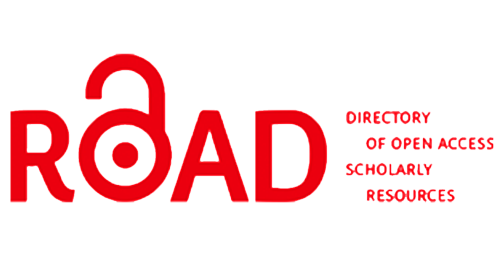Peerage
The aspects taken into consideration to evaluate an article, review, or report are all those indicated in the Authors' Guidelines section.
1. Stages of the editorial process
The formal evaluation process begins when a person uploads a manuscript to the OJS platform of the Revista Realidad Educativa.
a) For Articles:
- Once the texts are received, the Editorial Committee will evaluate compliance with the basic requirements within a two-week period.
- Whether approved or rejected, the corresponding author will receive a notification.
- • If approved, the document will undergo peer review. Peer review is a process in which an analysis is conducted regarding the quality of the manuscripts submitted to the Revista de Realidad Educativa by their respective authors. The peers will be individuals who are experts in the subject matter of an individual manuscript, possessing similar competencies to the authors.
- This evaluation will encompass both methodological and content-related aspects, and it will be carried out using the "double-blind" review system, following an arbitration guideline established by the Committee based on the aspects outlined in the Guidelines.
- The editorial decision will be made by the Committee based on the peer reviews. This decision can be of four types:
- Acceptance without modifications,
- acceptance with minor revisions (no further peer review required),
- acceptance with major revisions (requires further peer review) or
- rejection.
- The decision will be communicated to the author (or corresponding author) within a maximum of four weeks via email.
- • If the article requires changes, the authors have a two-week period to make the requested modifications and upload the new version of the article to the platform. Once the minor changes have been evaluated by the editor or through a new peer review, as indicated by the peer reviewers, the author (or corresponding author) will be informed via email about the outcome of the process.
- • In order to optimize the article, the Editorial Committee reserves the right to make decisions regarding style corrections in cases where it is deemed necessary.
b) For reviews:
- The editors will check for compliance with the requested characteristics and will communicate with the author if any corrections are needed.
- The Editorial Committee reserves the right to make decisions regarding style corrections in cases where it is deemed necessary.
2. Deadlines
The editorial team is committed to the authors to meet the following deadlines:
- Preliminary review of received manuscripts within ten business days, providing feedback on whether the paper is formally eligible for evaluation and either returning it for correction or proceeding with peer review process.
- Conduct the arbitration process within five weeks from the time the paper is formally eligible for review. At the end of this period, the author will be notified whether the manuscript will be published, will not be published, or will require revisions in order to be published.
- Publish approved manuscripts within the predefined deadlines of RRE (January and July).
3. Evaluation
a) Conflict of interest
It is appropriate for the reviewer to indicate before confirming the requested review:
- Do you have any clues or assumptions about the identity of the author(s) of the text sent to you?
- Would any potential closeness or familiarity with the author(s) affect your impartiality in the process?
- Do you have any relationships with activities or individuals that might affect your objectivity in reviewing the manuscript?
b) Evaluation Forms
Our reviewers use the following evaluation guidelines:












